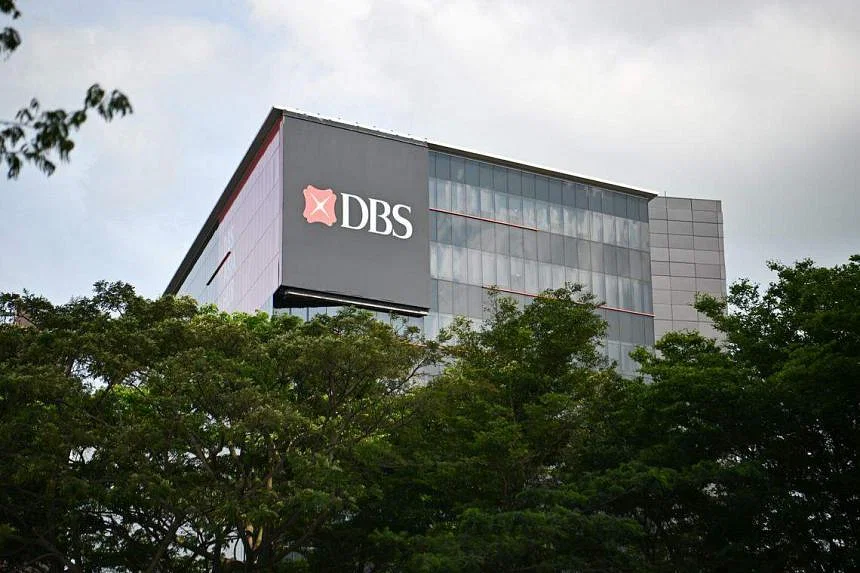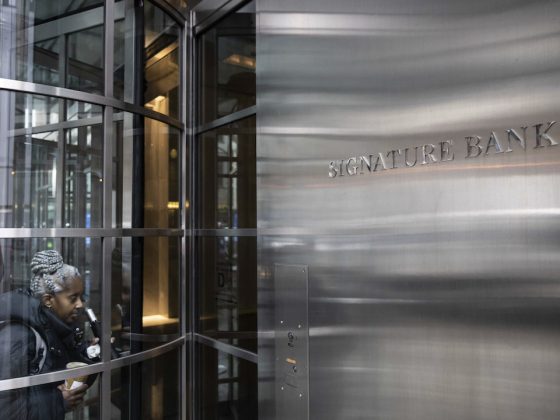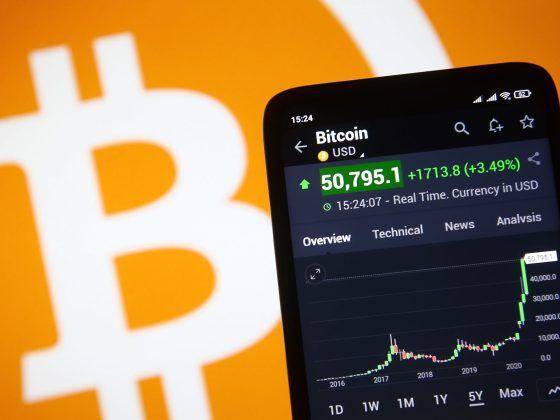DBS Bank, Singapore’s leading consumer bank and one of the largest banks in Southeast Asia, experienced a 10-hour digital banking services outage on March 29, 2023, leading to the Monetary Authority of Singapore (MAS) calling the incident “unacceptable.” The bank apologised to its shareholders and customers during its Annual General Meeting on March 31, and CEO Piyush Gupta stated that the disruptions have been “sobering” for DBS Bank. The outage marks the second disruption the bank has faced in 16 months, with a similar incident occurring in November 2021.

DBS Bank has taken immediate action in response to the disruption. Piyush announced that a thorough review of the incident is underway, and the bank would set up a special board committee to look into the cause of the disruptions. The committee will include board members and external experts with “broad and deep experience in overseeing large-scale IT systems and operations” to work with the committee. The bank’s management will provide the necessary support to the special board committee, Piyush added.
MAS has instructed DBS to conduct a thorough investigation to establish the root cause of the disruption and submit its investigation findings to MAS. The central bank said it will gather the “necessary facts” before taking suitable action. In November 2021, MAS imposed additional capital requirements on DBS after the bank’s digital banking services were disrupted for two days. DBS had to apply a multiplier of 1.5 times to its risk-weighted assets for operational risk, which translated to 930 million Singapore dollars ($700 million) in additional regulatory capital. Given the events and disruption that happened on Wednesday, MAS may imposed penalties on the bank.
DBS sought to assure its customers that its systems were not compromised and clients’ deposits were safe. The bank extended banking services at all its branches by two hours and issued a statement assuring its customers that the bank is committed to reviewing the events of the outage. While the incident may not significantly impact consumer or investor confidence in the bank in the long run, it is a clear reminder of the importance of cybersecurity and system resilience for financial institutions.








